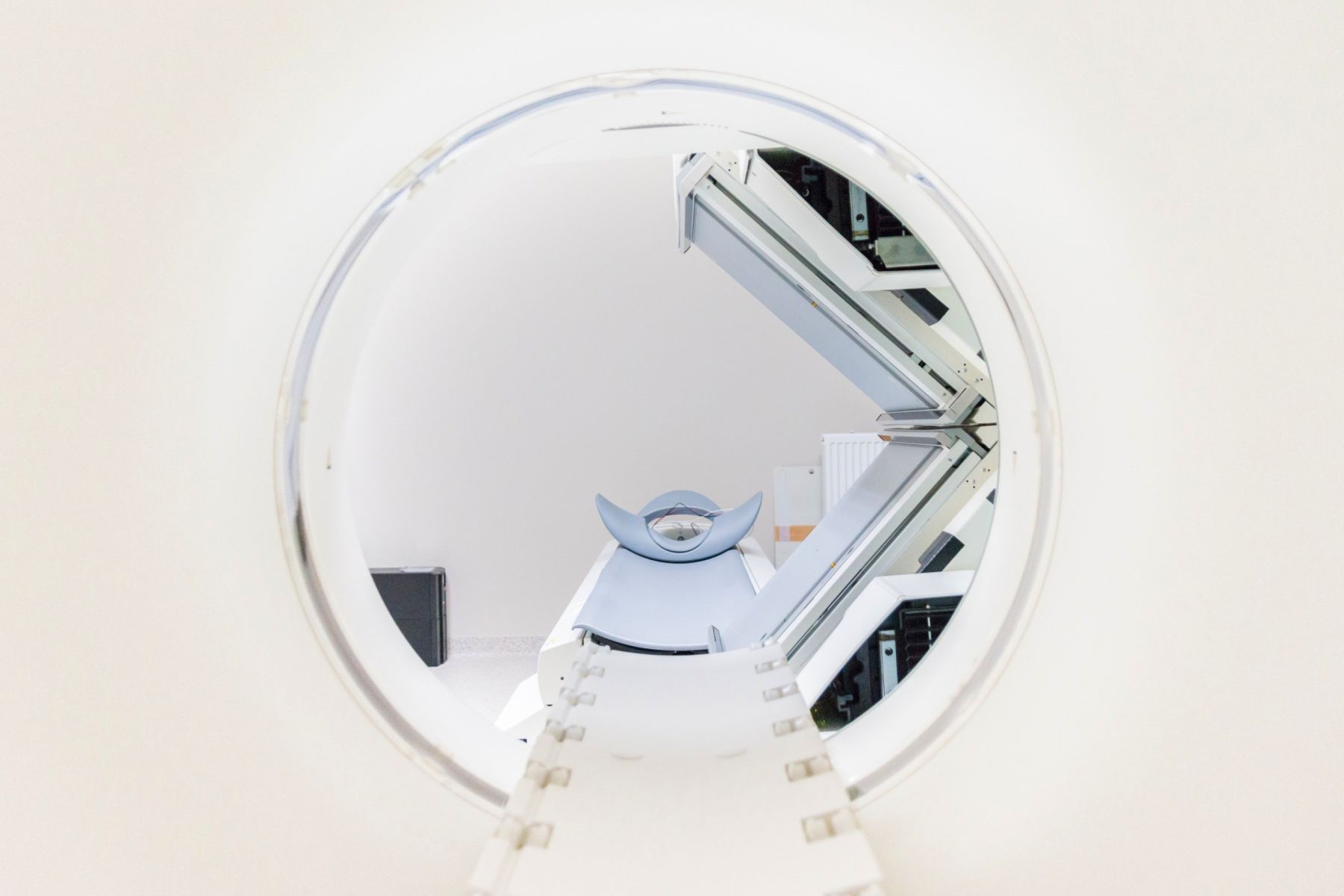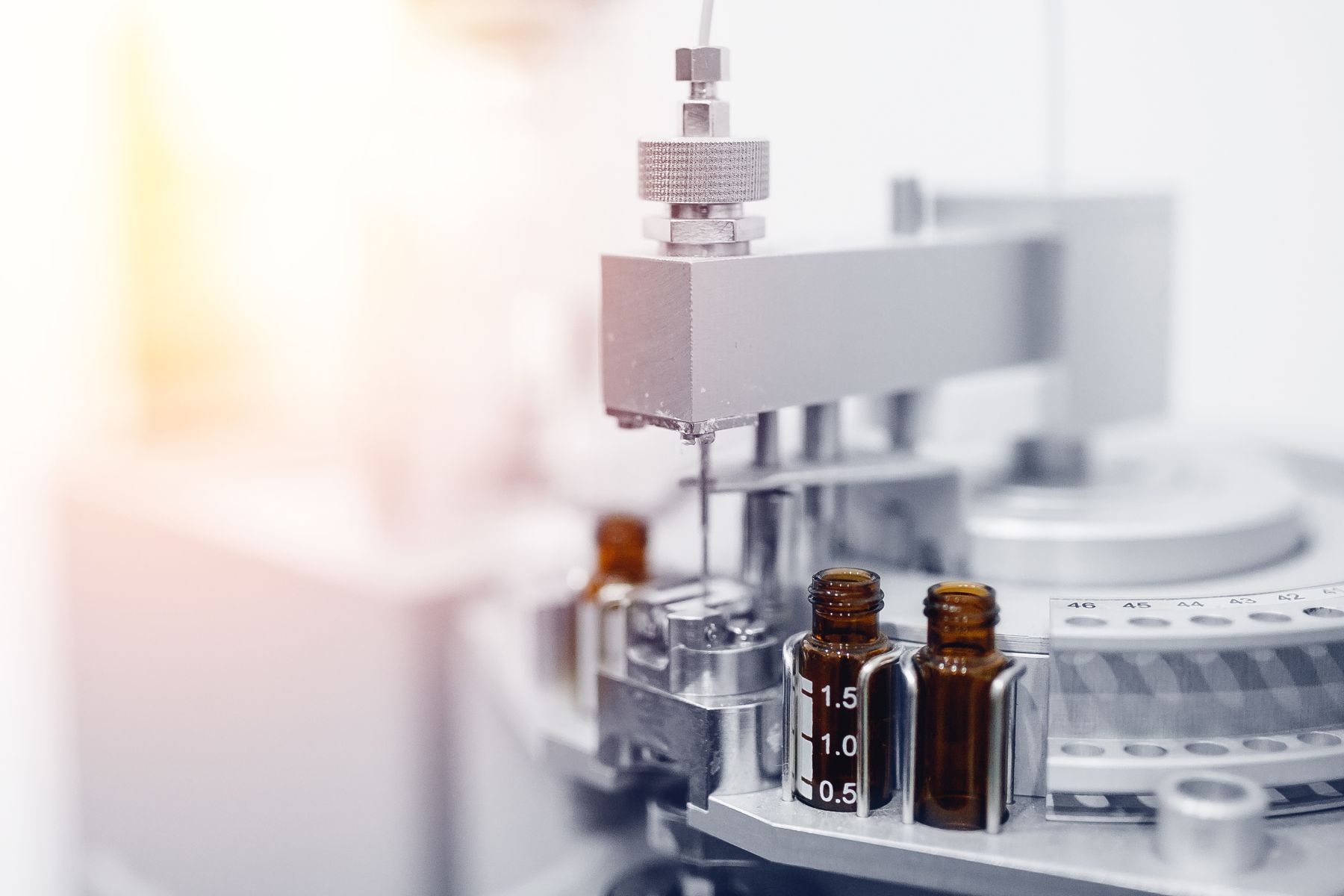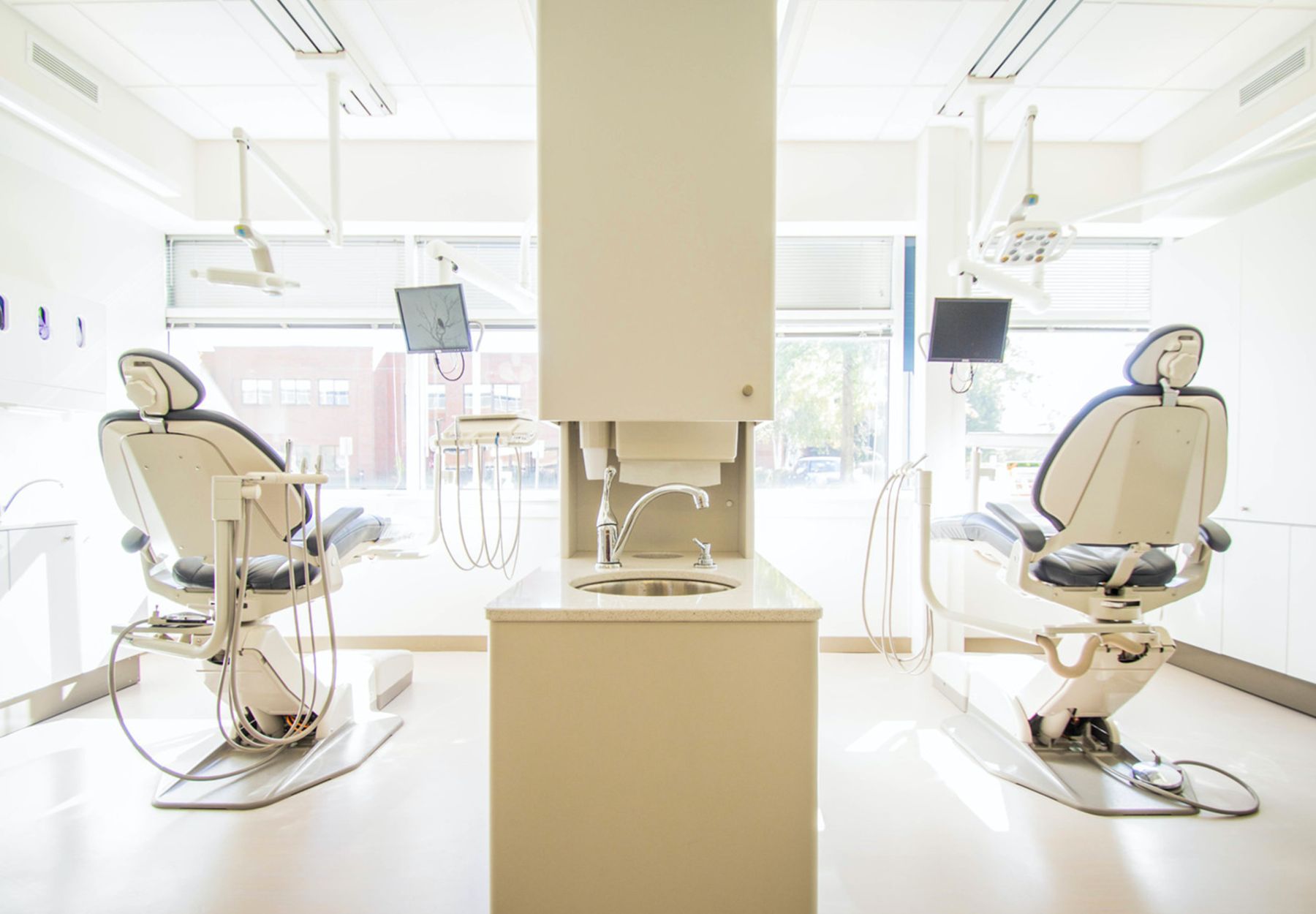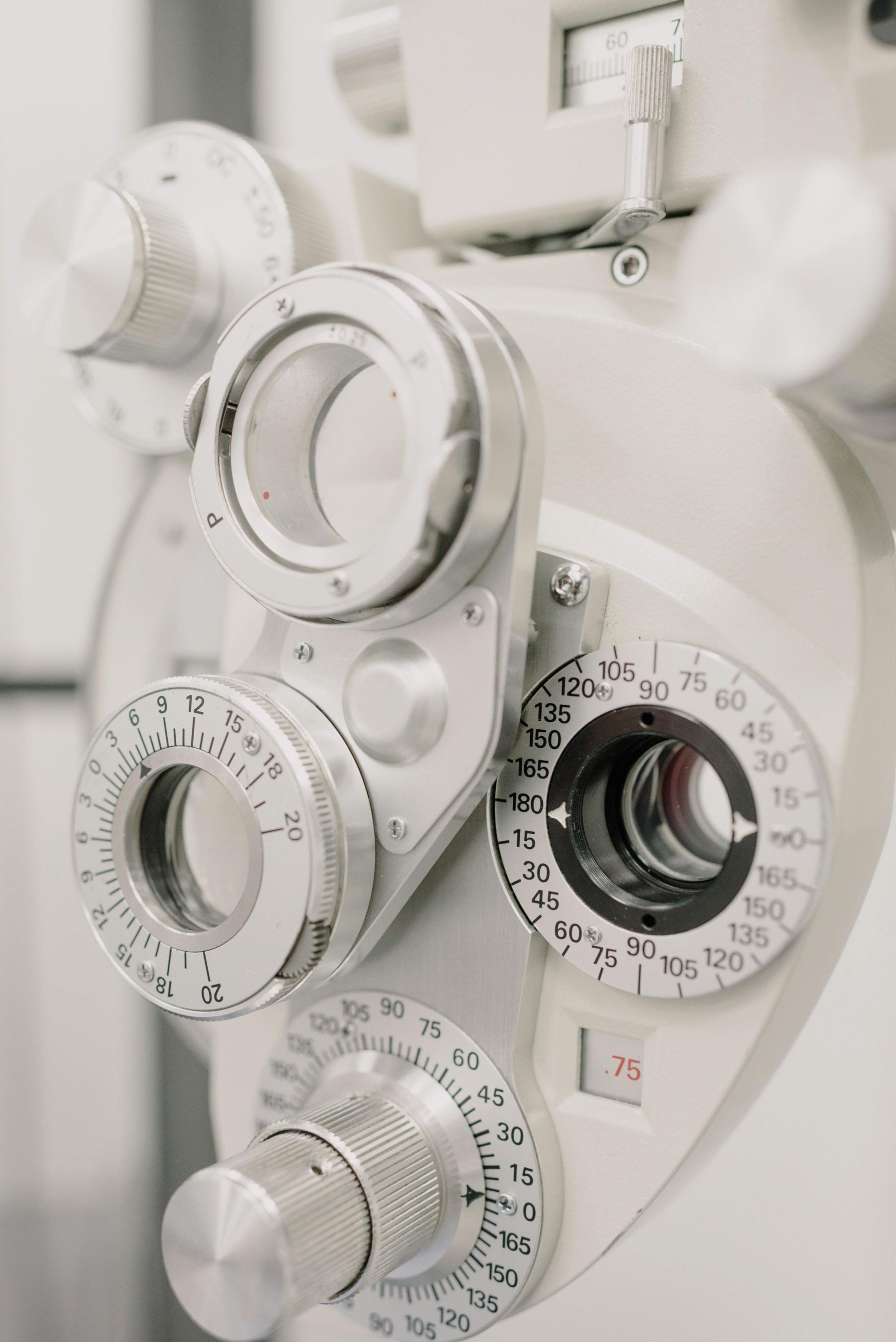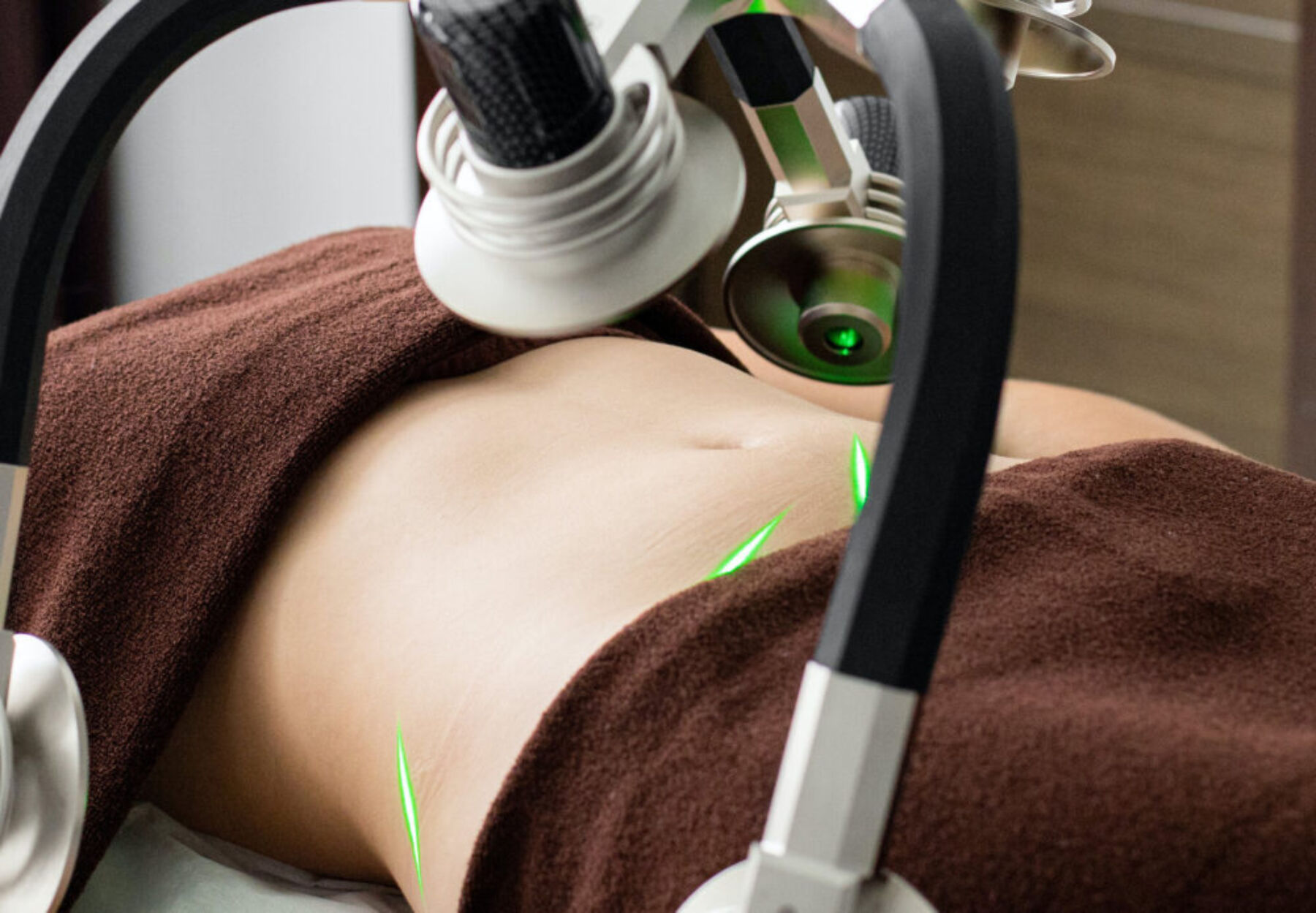From 1 April 2024, the 14 new NIHR HealthTech Research Centres (HRCs) will work with businesses to support the development of medical devices, diagnostics, and digital technologies. These technologies will enable people to better monitor their health, diagnose ill health sooner and improve management of conditions including cancer, dementia, cardiovascular and respiratory disease.
The HRCs will also work with companies to develop and test products to support rehabilitation and help those with social care needs to maintain their independence. They will work closely with carers, patients, and users at all stages.
Each HRC will be hosted by an NHS organisation in England, bringing industry, academia and the health and care system together. The HRCs will drive innovation and efficiency, bringing new technologies to those who need them most, support the health and care workforce to reduce workload, and help alleviate pressures on the health and care system.
The HRCs will keep the UK at the forefront of research and the place companies want to come to in order to invest in the development of health technologies.
Each HRC will be hosted by an NHS organisation in England, bringing industry, academia and the health and care system together. The HRCs will drive innovation and efficiency, bringing new technologies to those who need them most, support the health and care workforce to reduce workload, and help alleviate pressures on the health and care system.
The HRCs will keep the UK at the forefront of research and the place companies want to come to in order to invest in the development of health technologies.
Former health and social care secretary Steve Barclay said: “These centres will help bring the latest advances in medical technology into patients’ lives sooner improving care, treatment and diagnosis including for those with cancer, dementia, and brain injuries. “We are already seeing the benefits of previous investment in health technologies - such as using artificial intelligence to predict how different patients respond to medication for inflammatory bowel disease meaning the right treatment is provided to patients sooner. “I look forward to seeing what our world leading scientists, clinicians and inventors bring forward next.”
The HRC scheme replaces the successful NIHR Medtech and In Vitro Diagnostic Co-operative (MIC) scheme, which comes to an end in March 2024.
The previous scheme delivered significant impact, including the development of:
- Virtual reality rehabilitation physiotherapy for children so they can undergo treatment from the comfort of their own home, reducing pressures on hospital services;
- The “HeadUp Collar” for people with motor neurone disease to address problems with communication, swallowing, breathing, mobility and pain and drastically improve the quality of life of people living with this debilitating disease;
- A breath test for multiple gastrointestinal cancers, allowing detection at an earlier stage when treatments are more effective;
- QbTest, a computerised assessment of attention deficit hyperactivity disorder (ADHD) now used in NHS ADHD Clinics in England to support clinical decision making and more efficiently diagnose ADHD so that people have fewer consultations and receive support much earlier.
The new scheme will continue to support innovative projects like these, while also building capacity and expertise to support the development of health and care technologies to meet the growing demands of our population. The HRCs will develop technology for hospitals and in general practice as well as for use within community and social care settings, allowing patients to benefit from these innovations wherever they come into contact with the health and care system.
Professor Lucy Chappell, chief scientific adviser to the Department of Health and Social Care and CEO of the NIHR, said:“Research into health technology is recognised as being of vital importance for patients, carers and users, our workforce, and the wider health and care system. “The establishment of the NIHR Healthtech Research Centres shows our firm commitment to driving innovation in healthtech research from conception through to adoption. “Our existing research centres in medtech have delivered new technologies that have helped prevent, diagnose, and treat ill health for many individuals, as well as ensuring increased efficiencies in the health and care system. “The increased funding for the HealthTech Research Centres will build capacity and expertise in health technologies, bring new innovations to market and enable people to live healthier, better-quality lives.”
